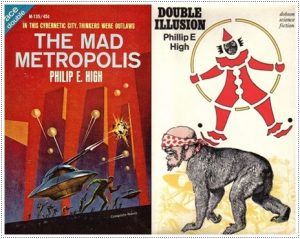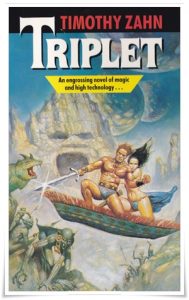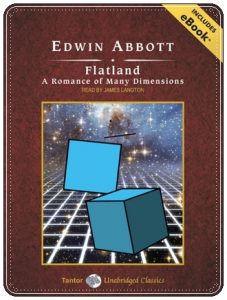Raffles: The Amateur Cracksman
by E.W. Hornung (Methuen, 1899)
audiobook read by David Rintoul (Paul Kent, 2013)
A collection of sequentially linked short stories featuring roguish gentleman thief A.J. Raffles and his accomplice ‘Bunny’, who narrates. The dynamic is very Holmes/Watson (perhaps unsurprisingly, as Hornung was Conan Doyle’s brother-in-law) but the escapades themselves fall flat, despite Hornung’s accomplished prose.

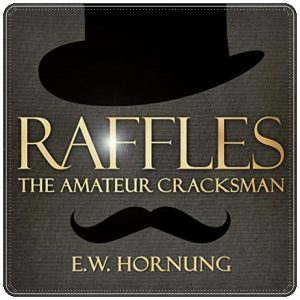


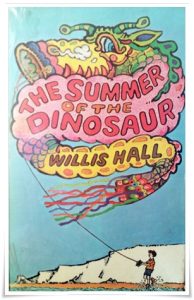
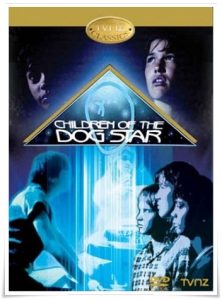
![Book cover: “If Only They Could Talk” by James Herriot (Michael Joseph, 1970); audiobook read by Nicholas Ralph (Macmillan, 2020) [as part of “All Creatures Great and Small”]](https://www.derelictspacesheep.com/wp-content/uploads/2023/02/Herriot_If-Only-They-Could-Talk-191x300.jpg)
